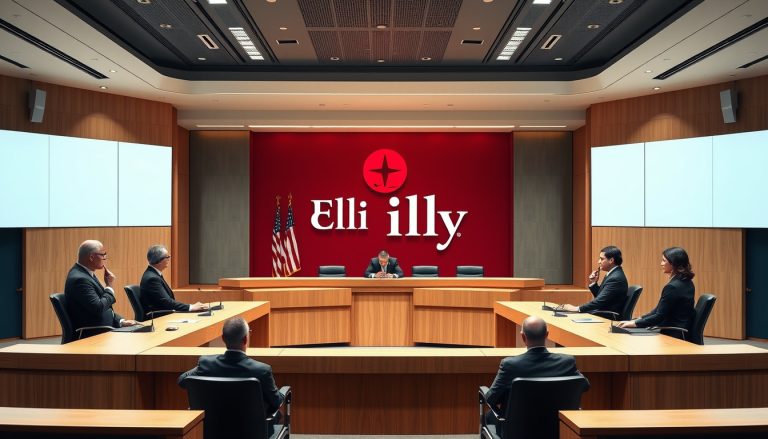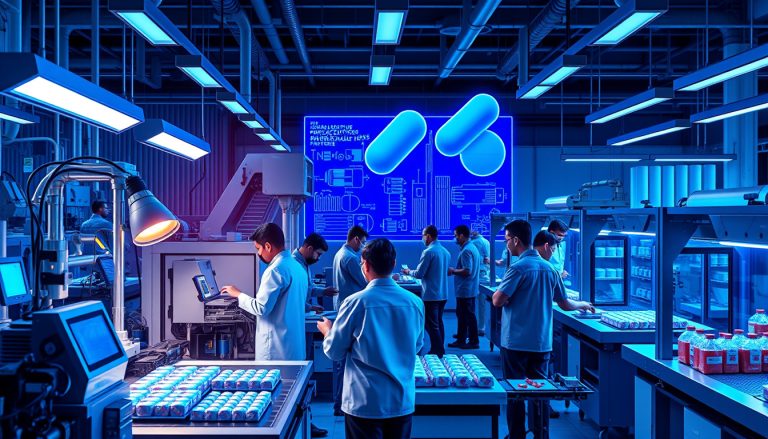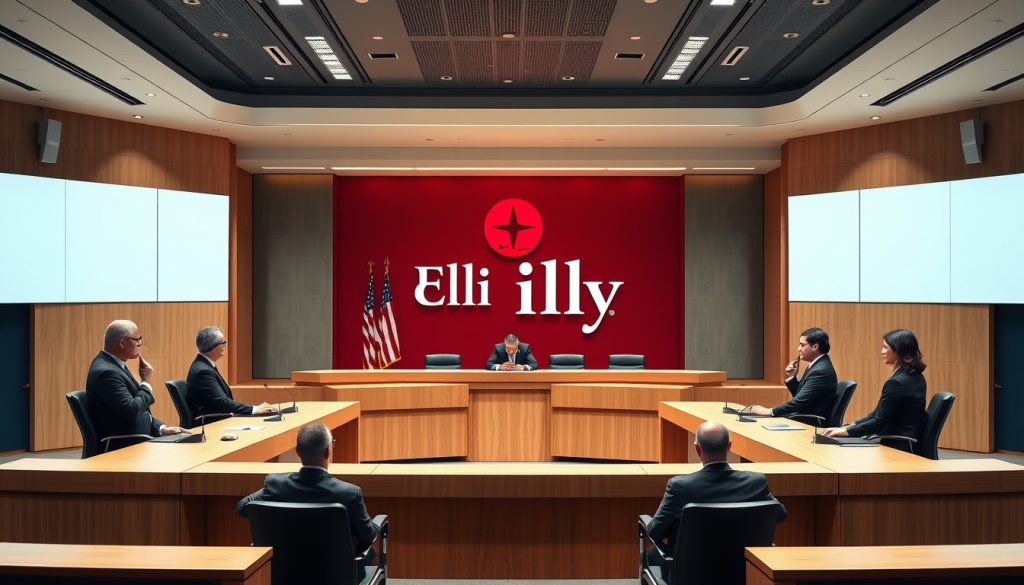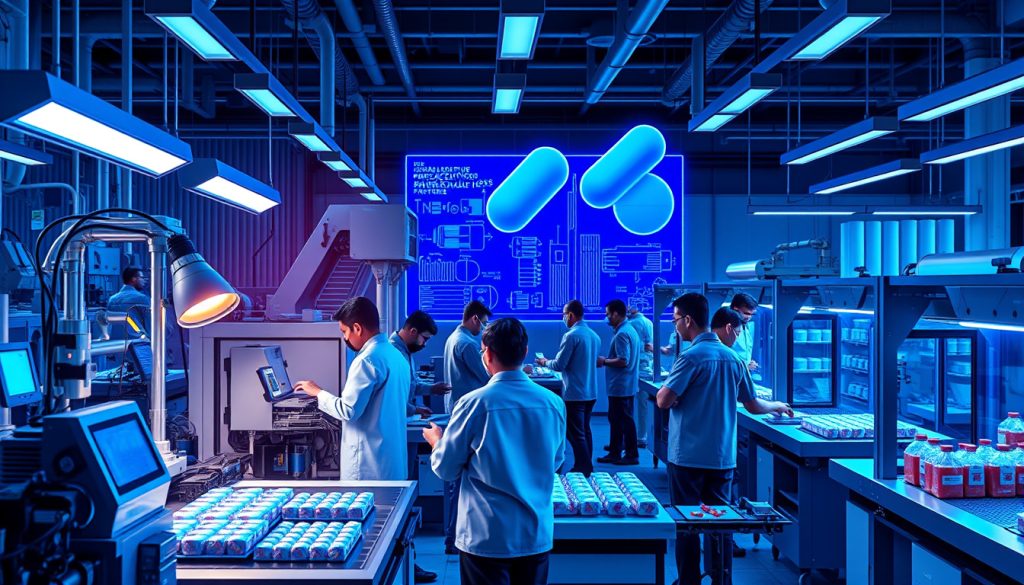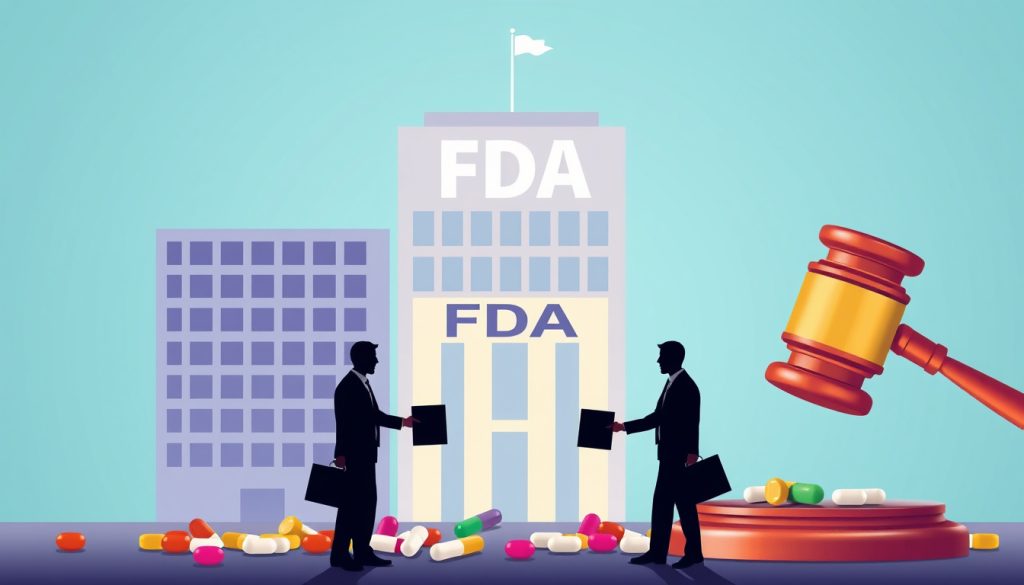In 2025, the biopharma industry is witnessing a significant increase in lobbying efforts as major players like Pfizer, Novartis, Amgen, Eli Lilly, and Johnson & Johnson ramp up their expenditures to tackle a fluctuating political climate.
These companies are not only adapting to new regulatory challenges but are also working to influence policy that could greatly impact their operations and profitability.
This article delves into the reasons behind this lobbying surge, explores key regulatory challenges faced by the industry, and examines how these firms are responding to ensure their interests are represented and protected in a dynamic policy landscape.

Key Takeaways
- Major biopharma companies are significantly increasing their lobbying expenditures in
2025. - Top spenders like Pfizer and Novartis are responding to evolving regulatory challenges and a competitive landscape.
- The escalating lobbying efforts reflect the industry’s urgency to influence policy amidst a changing political environment.
The Rising Costs of Lobbying in the Biopharma Industry
The biopharma industry is experiencing a significant transformation, particularly evidenced by the escalating lobbying expenses among key players.
In early 2025, leading companies such as Pfizer, Novartis, Amgen, Eli Lilly, and Johnson & Johnson notably ramped up their lobbying activities in response to a complex political landscape influenced by the Trump administration.
With the regulatory environment continually shifting, these firms are under immense pressure to advocate for favorable policies that affect their operations and profitability.
They allocated substantial resources to shape legislative discussions and secure advantageous rulings that could impact drug pricing, patent laws, and health care regulations.
This increased expenditure highlights the essential role lobbying plays in a sector where competitive advantage can hinge on policy decisions and public perception.
As the biopharma industry faces not only regulatory scrutiny but also intense competition, the strategic push for influence in Congress illustrates a profound understanding of the importance of advocacy in sustaining growth and innovation.
Key Regulatory Challenges and Industry Responses
The unprecedented increase in lobbying expenditures by these biopharmaceutical giants is not merely a reaction to current events but also part of a strategic approach to navigate future uncertainties.
As new regulatory frameworks emerge, companies like Pfizer and Novartis are not only advocating for their interests but are also attempting to shape the broader narrative around drug accessibility and affordability.
By engaging policymakers early in the decision-making process, these firms aim to mitigate potential negative impacts on their operations while promoting policies that align with their business goals.
This proactive strategy signifies a shift toward a more engaged and responsive industry, eager to influence legislative outcomes that could alter the foundational landscape of healthcare delivery and pharmaceutical innovation.





